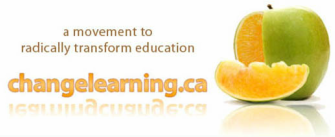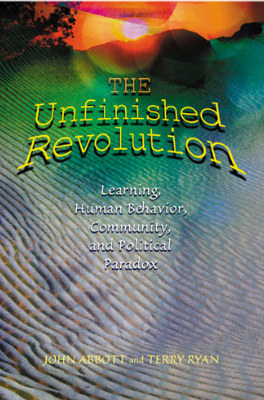Read more
|
Jane Gilbert says that knowledge is now a verb, not a noun – something we do rather than something we have – and explores the ways our schools need to change to prepare people to participate in the knowledge-based societies of the future.
Read more
0 Comments
The Initiative focused on learning, not schooling, for the obvious reason – at least to us – that if we weren’t clear about how people learned, we couldn’t begin a proper consideration of educational reform. Our standpoint was that the crisis in education stems from misunderstandings about how humans learn rather than any generalized failure of schools and teachers. In other words, we quickly realized we were dealing with a crisis in childhood, not simply a crisis in schooling. The conferences echoed the more widespread problem of how society at large can convert disparate new findings on learning into useful route maps for the future of education.
Read more at The 21st Century Learning Initiative. John Abbott discusses the need for education to address the pressing issue of sustainability.
Sir Ken Robinson makes an entertaining (and profoundly moving) case for creating an education system that nurtures creativity, rather than undermining it.
We live in a time of vast changes that include accelerating globalization, mounting quantities of information, the growing hegemony of science and technology, and the clash of civilizations. Those changes call for new ways of learning and thinking in school, business and the professions. In Five Minds for the Future, noted psychologist Howard Gardner defines the cognitive abilities that will command a premium in the years ahead:
Renowned worldwide for his theory of multiple intelligences, Gardner takes that thinking to the next level in this book. Concise and engaging, Five Minds for the Future will inspire lifelong learning in any reader and provide valuable insights for those charged with training and developing organizational leaders-today and tomorrow. Read more |
Categories
All
Archives
August 2015
|


 RSS Feed
RSS Feed
